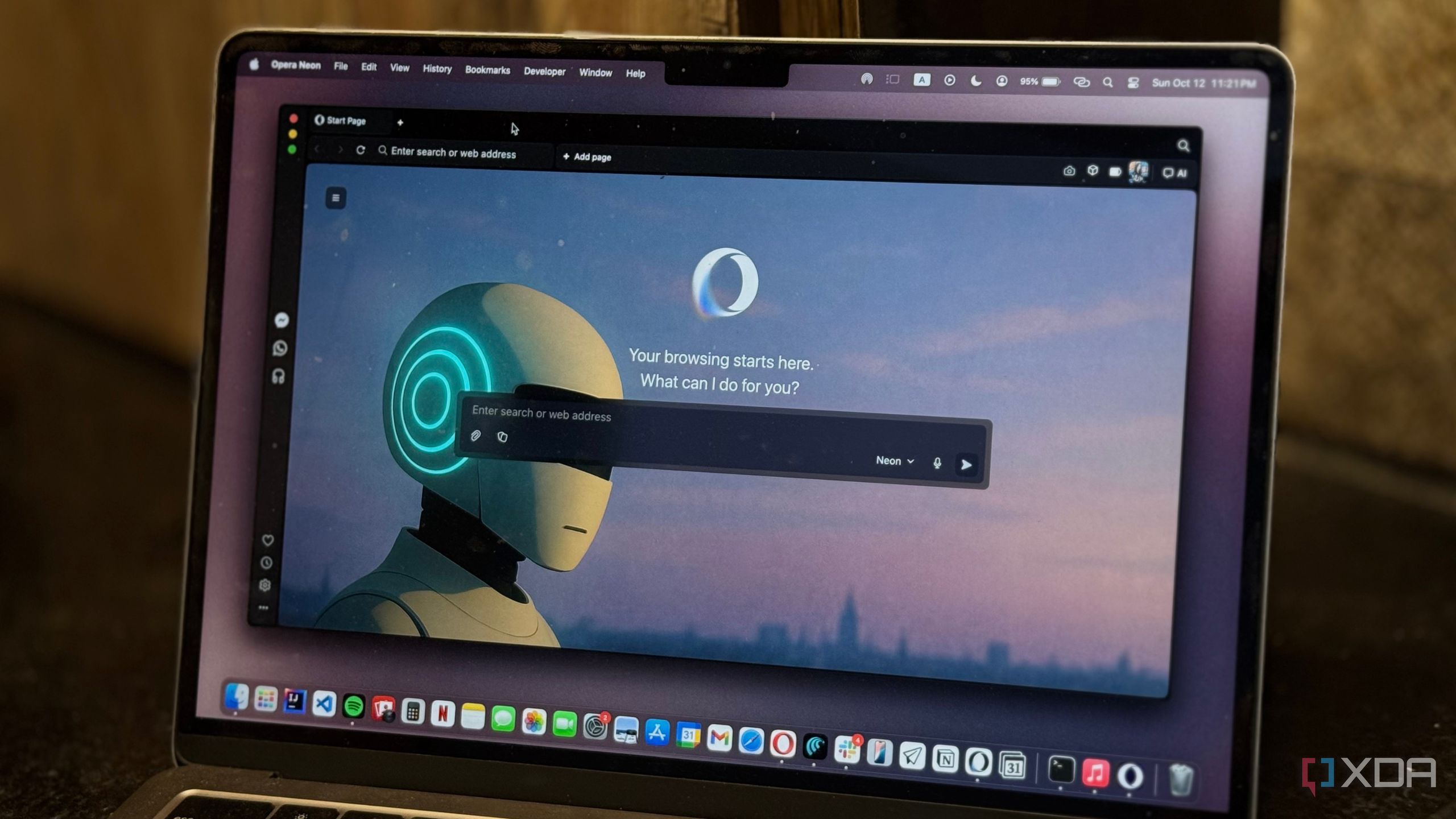UPDATE: Opera Neon has just revolutionized the way users interact with their web browsers, integrating artificial intelligence to streamline tasks and reduce clutter. This groundbreaking browser is reshaping the online experience by enhancing productivity and efficiency, making it a must-try for anyone looking to optimize their digital routine.
The latest reports confirm that AI browsers are taking the tech world by storm, with Opera Neon at the forefront. Users can now access a built-in assistant, allowing them to perform research, summarize articles, and manage multiple tasks without switching tabs. This innovation significantly cuts down on browser clutter, a common frustration for many.
Why this matters RIGHT NOW: In an era where multitasking is essential, Opera Neon provides a unique solution to the age-old problem of juggling multiple tabs. The side panel assistant remains accessible, enabling users to ask questions or pull information without disrupting their current workflow. This feature is particularly beneficial for those engaged in research or writing tasks, as it allows for seamless information retrieval.
One of the standout features of Opera Neon is its ability to automate repetitive tasks. Users can now link their productivity tools like Google Tasks, Asana, and Trello. For instance, managing weekly work tasks can be automated—saving users up to 15 minutes weekly—by simply instructing the AI to compile tasks from various platforms into Google Tasks. This time-saving capability not only enhances productivity but also reduces mental strain for users juggling numerous responsibilities.
Moreover, Opera Neon is transforming the way users schedule their calendars. By integrating with tools like NotebookLM, users can optimize their schedules based on past performance and upcoming tasks. This feature allows for intelligent scheduling that adapts to individual work habits, providing a personalized workflow that traditional scheduling tools lack.
AI browsers are also enhancing the YouTube viewing experience. With Opera Neon, users can interact with videos while still watching, asking questions, and receiving summaries without missing a moment of content. The ability to locate specific videos based on descriptions or scenes adds another layer of convenience, making it easier for users to engage with content across platforms.
In addition to these features, AI browsers like Opera Neon are also improving tab management. Users can now organize and manage open tabs more efficiently, reducing the risk of losing important information or mistakenly closing critical tabs. This functionality is currently more polished in competing browsers like ChatGPT’s Atlas and Perplexity’s Comet, but Opera Neon is rapidly catching up.
The excitement surrounding AI browsers is palpable, with users eager to experience the benefits firsthand. While some may fear that AI could replace jobs, the reality is that these tools are designed to enhance productivity by taking over mundane tasks. Opera Neon exemplifies this shift, providing users with more time to focus on what truly matters.
As of July 2023, the landscape of web browsing is changing dramatically, and Opera Neon is leading the charge. Users can expect to see continuous updates and improvements as AI technology evolves, further enhancing the browsing experience.
What’s next? For those eager to experience the future of web browsing, Opera Neon is available now. With its integration of AI features, it promises to make everyday tasks faster and more efficient. As AI browsers continue to develop, they will likely become an indispensable tool for anyone looking to maximize their productivity online. Don’t miss out on this opportunity to transform the way you browse the web—try Opera Neon today!
